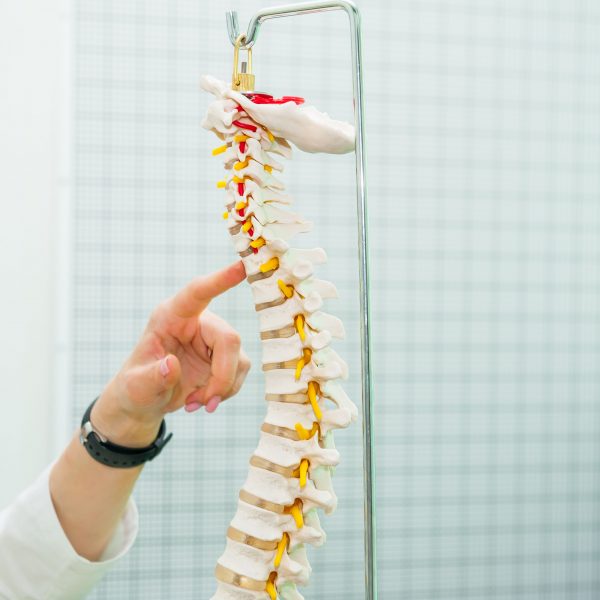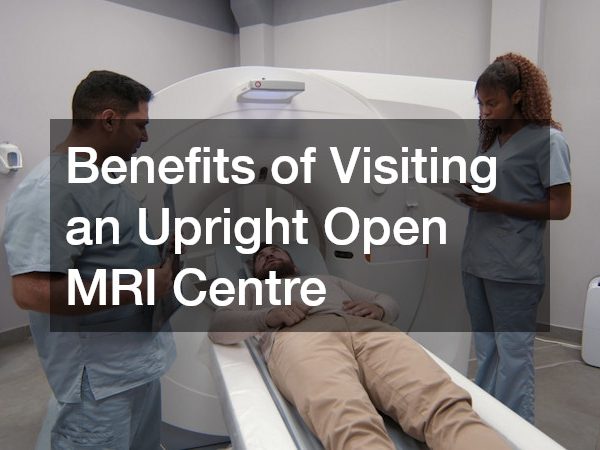Eating disorders, for a long time, primarily affected teenage girls. Nowadays, however, they cut across all ages and sexes. This is mostly because of the obsession with looking good, thanks to the popularity of social media. As such, people are intent on maintaining specific body shapes deemed as ideal.
The leading eating disorder types include bulimia nervosa, anorexia nervosa, and binge eating. The exact cause of these conditions remains mostly unknown. Even so, genetics and psychological stressors have been shown to contribute to their development.
Before starting on the steps of binge eating disorder recovery plans, however, a doctor will first diagnose the disorder you have and any underlying cause for it. This way, the program is customized to suit your needs and guarantee optimal results.
The diagnosis of eating disorders is unfortunately complex because the conditions are shrouded by secrecy. Moreover, there is no single definitive test for an eating disorder. As such, doctors have several approaches for picking an eating disorder. Here are these diagnostic approaches.
Physical Exam
In this, the doctor will consider your vital signs, weight, and height. Over a prolonged period, eating disorders will cause a slow heartbeat, pulse, and breathing rates. In the physical exam, a doctor also checks for evidence of dehydration like dry skin and chapped lips.
In extreme cases, eating disorders cause end-organ damage. To this end, the doctor might also check for evidence of organ damage to ascertain the extent of your illness.
Lab Tests
These are used to pick signs of end-organ damage or a derangement of the parameters of different constituents of body fluids. Anorexia and bulimia will, for instance, often cause anemia as the blood misses out on crucial iron deposits from your diet.
This can be picked in a complete blood count that checks different parameters of the red blood cells. Urinalysis and thyroid, kidney, and liver function tests are typical constituents of your diagnosis. Electrocardiograms, bone x-rays and dental exams also help pick out some of the effects of eating disorders.
 Psychological Evaluations
Psychological Evaluations
Most eating disorders are linked to psychological issues. As such, a mental health professional also forms a crucial part of your care team. The psychologists, in this case, will ask different questions to ascertain if something in your background might trigger an eating disorder.
The questions also center on your perception of food, your body, and eating.
Analytic Criteria
Different diagnostic tools have been developed by eating disorder experts over the years. These put together various symptoms that a doctor will look for to know the disorder you might be suffering from or might be afflicted with.
The diagnostic criteria for anorexia nervosa, for example, includes extreme fatigue, thin appearance, irregular heart rhythms, brittle and bluish nails, and fainting spells.
Eating disorders are severe and can lead to organ failure and death without timely interventions. Getting the right diagnosis is a significant part of the efficacy of your treatment. With the above approaches, you are sure that the doctor will treat you for the right eating disorder, and you can start on the path to a healthy and long life.






